
This article was produced as a project for the USC Center for Health Journalism’s California Fellowship.

This article was produced as a project for the USC Center for Health Journalism’s California Fellowship.
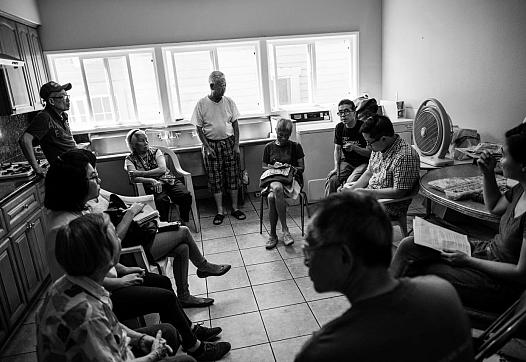
As two journalists spoke to seniors throughout some of L.A.'s most ethnically diverse communities, no other issue bubbled up as often and as urgently as the lack of affordable housing.

This article was produced as a project for the USC Center for Health Journalism’s California Fellowship.
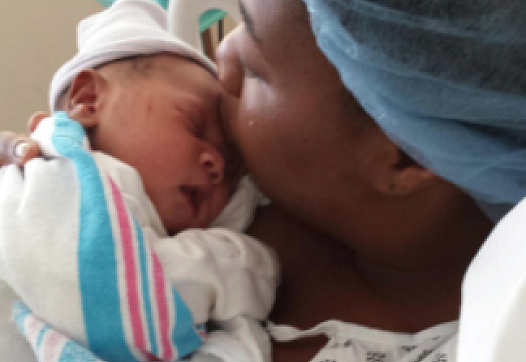
WNYC is collecting stories about how New York City hospitals handle complications during childbirth, and the station is looking for personal stories.
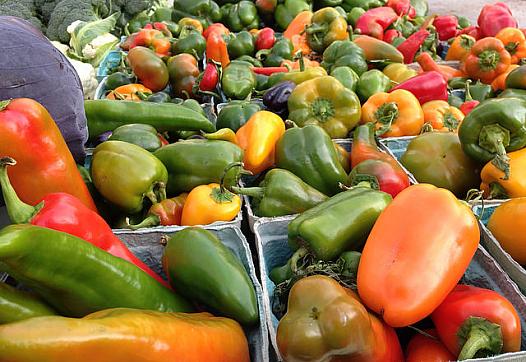
This article was produced as a project for the USC Center for Health Journalism’s California Fellowship.
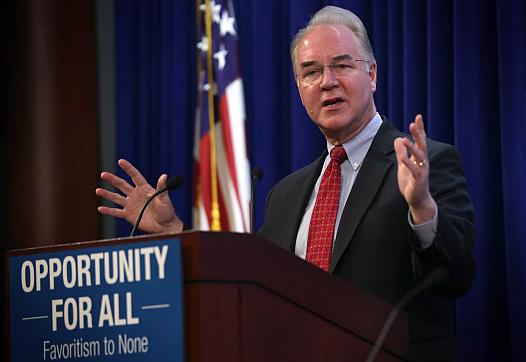
With the news of President-elect Donald Trump’s picks for two big health-policy positions, we now have a few more tea leaves by which to ponder the future of Medicaid and the Children’s Health Insurance Program.
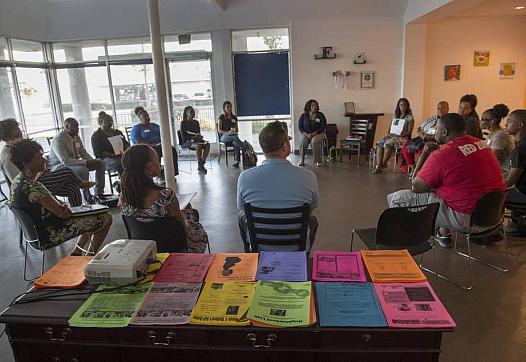
Between 2010 and 2015, African American children in Sacramento County died at far higher rates than those of people under age 18 from other racial groups. These seven leaders are working to change that.
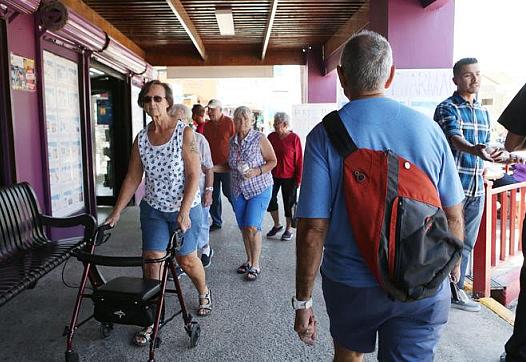
For some Californians living near the border, Mexico offers the promise of reliable health care at a cheaper price. Here's how one journalist reported the story, and the lessons he learned along the way.
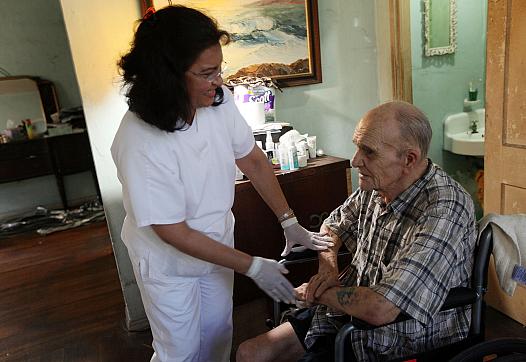
New models in Britain and the U.S. take a larger view of the forces that shape people’s health. That’s because sometimes a patient needs an air conditioner more than a hospital bed.

Stress, depression and anxiety have ballooned among undocumented students at the UC Berkeley this election season, reports Univision's Jenny Manrique.